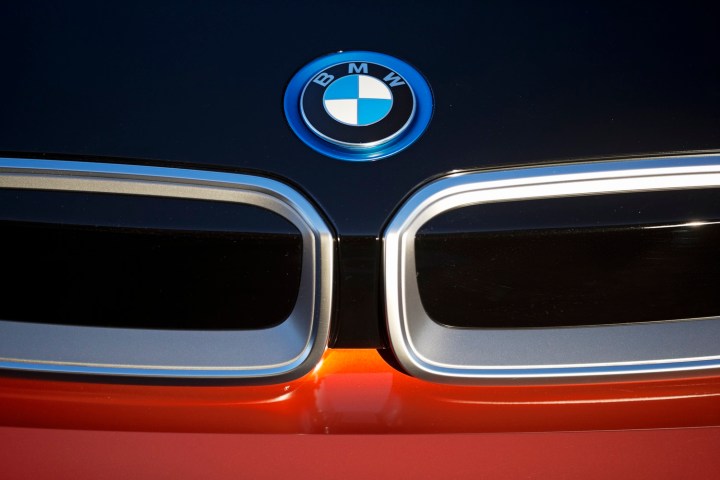
Formula E is currently in its third season, and organizers are working to secure long-term participation by teams and suppliers. The latest batch of constructors is homologated for three seasons, meaning those teams will be able to participate in Formula E from 2018 to 2021.
Besides BMW, the list of constructors includes current Formula E participants like Jaguar Land Rover, Renault, Citroën’s DS Automobiles sub-brand, and Indian automaker Mahindra. Also returning are NextEV Nio, Venturi Automobiles, and ABT, which is partnering with Audi. Penske Autosport will also be a newcomer to the series for 2018. Interestingly, Faraday Future, which currently partners with Dragon Racing, is not on the list. Neither is Mercedes-Benz, which said last year that it had taken an option to join Formula E in 2018.
While the teams may be called constructors, they will not actually build their own cars. Formula E will continue to mandate uniform car and battery designs. Spark Technologies will continue to supply the cars, while McLaren Applied Technologies will supply the battery packs. Teams do get to design their own powertrains.
Spark will launch a new Formula E car design for 2018-19, with a more stylish look and improved performance in an area most electric car drivers can relate to: range. Right now, Formula E cars can’t go the entire race distance on a single charge, so drivers switch cars halfway. Organizers hope a new battery pack will eliminate this Pony Express-style switch, and allow drivers to finish the race in the car they started in.
BMW hinted that it might step up its Formula E involvement last year. In addition to working with the Andretti team, the automaker supplies pace cars and support vehicles for the series. Formula E is part of a resurgence in BMW racing activity, which also includes a planned return to the 24 Hours of Le Mans in 2018.


